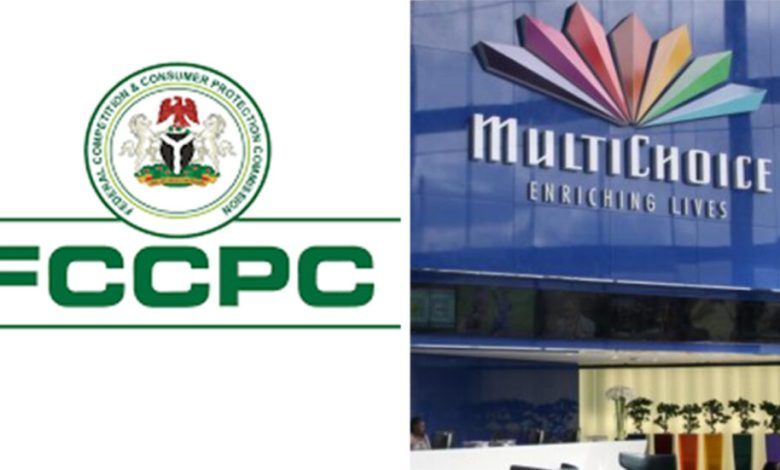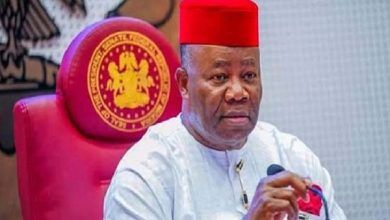
Justice James Omotosho of the Federal High Court in Abuja has scheduled May 8 for judgment in the case filed by MultiChoice Nigeria Limited against the Federal Competition and Consumer Protection Commission (FCCPC). The decision follows the conclusion of arguments from both parties, who presented their written addresses for and against the suit.
The case stems from an earlier order by the court, which restrained the FCCPC from taking “any administrative steps” against MultiChoice following an increase in service prices for two of its brands, DStv and GOtv. The restraining order was issued after MultiChoice sought the court’s protection from a planned sanction by the Commission over the price hike.
During the court proceedings, the Commission was granted an extension of time to regularize its processes, and MultiChoice was allowed to withdraw its application for an interlocutory injunction, which had become irrelevant due to developments in the case.
Representing MultiChoice, lead counsel Onigbanjo argued that the key issue was whether the FCCPC had the authority to control the prices at which the company offers its services. While acknowledging the Commission’s regulatory powers, Onigbanjo contended that the FCCPC did not have the statutory authority to regulate prices or prevent companies like MultiChoice from increasing their prices. He pointed out that past tribunal rulings had determined that the FCCPC lacks the power to regulate prices, and noted that even the Nigerian president, who has the authority to regulate prices, has affirmed that his government does not support price controls, but instead relies on market forces.
Onigbanjo further criticized the Commission for what he called discriminatory treatment, as other businesses in Nigeria had raised their prices without facing similar scrutiny from the FCCPC. He urged the court to grant the reliefs sought in the suit.
In response, the lead counsel for the FCCPC, Professor Joe Agbugu, SAN, countered that the real issue at hand was not price regulation but the FCCPC’s authority to investigate potential cases of price exploitation and abuse of dominant market position. Agbugu pointed out that the Commission had contacted MultiChoice about the planned price increase and asked the company to delay the hike until an investigation could take place. He argued that the FCCPC had the legal mandate to protect consumers from exploitative pricing practices and that MultiChoice’s dominant position in the market made it subject to such investigations. Agbugu dismissed the claim of discrimination, asserting that MultiChoice’s price hike qualified it for scrutiny due to its market dominance.
The FCCPC’s counsel urged the court to dismiss the suit, asserting that the Commission’s actions were aimed at protecting consumers and ensuring fair pricing.
After hearing the arguments, Justice Omotosho announced that the judgment would be delivered on May 8, leaving both parties awaiting the court’s decision on whether MultiChoice’s price increase can proceed without further interference from the FCCPC.





